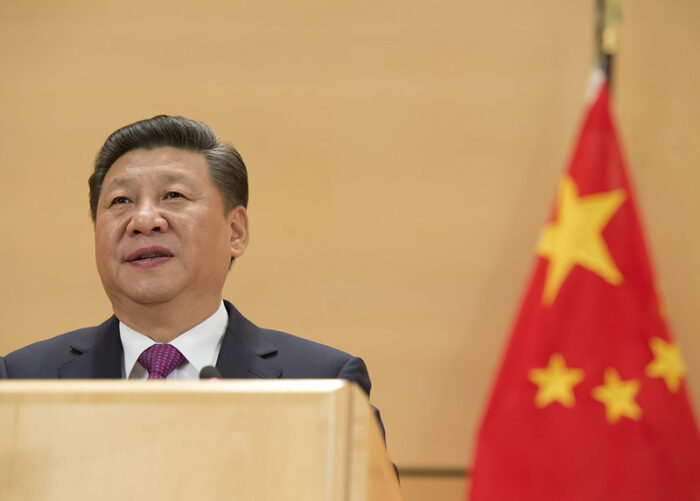
Several former detainees from inside Uighur internment camps in China, and a guard, have told the BBC they experienced or saw evidence of an organised system of mass rape, sexual abuse and torture.
Tursunay Ziawudun, who fled Xinjiang after her release and is now in the US, said women were removed from the cells “every night” and raped by one or more masked Chinese men. She said she was tortured and later gang-raped on three occasions, each time by two or three men.
Another woman described being electrocuted as part of sexual torture: “The woman took me to the room next to where the other girl had been taken in. They had an electric stick, I didn’t know what it was, and it was pushed inside my genital tract, torturing me with an electric shock.”
A leading expert on China’s policies in Xinjiang, Adrian Zenz, told the BBC that the testimony gathered for their story was “some of the most horrendous evidence I have seen since the atrocity began”.
“This confirms the very worst of what we have heard before,” he said. “It provides authoritative and detailed evidence of sexual abuse and torture at a level clearly greater than what we had assumed.”
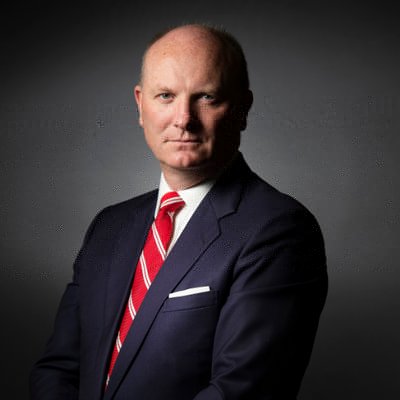
The Co Galway based Chairman & CEO of Rivada Networks says restrictions on public worship are in breach of the State’s guarantee of the free practice of religion in Article 44 of the Constitution.
Last November, he sought leave to bring judicial review proceedings against the Minister for Health, with Ireland and the Attorney General as notice parties.
When the matter was mentioned before Mr Justice Charles Meenan on Friday, Darren Lehane SC, for Mr Ganley, said his side were awaiting opposition parties from the respondents.
Catherine Donnelly SC, for the respondents, said those papers would be filed later that day.
The judge listed the case for further mention on February 9, when it is expected a hearing date will be sought.
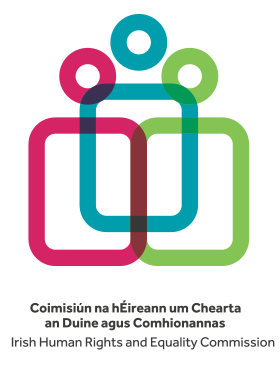
The proposed Dying with Dignity Bill needs “significant changes” and does not ensure “adequate safeguards” to protect a person’s right to life, the State-funded Irish Human Rights and Equality Commission (IHREC) has warned. It did not call for the bill to be scrapped altogether.
In its submission to the Oireachtas Committee on Justice which is considering the legislation, the IHREC says that any law that would empower doctors to end the lives of patients should be guided by “the human rights model of disability” and “extensive discussions” with groups representing certain at-risk people.
In its submission, the commission underlines that “robust and adequate safeguards are vital” and that before any legislation is passed, a framework must be in place to protect a person’s right to life, right to health and palliative care and right to participate in decision-making.
An “independent oversight mechanism” responsible for reviewing and affirming a person’s declaration that they want to end their life should also be introduced.
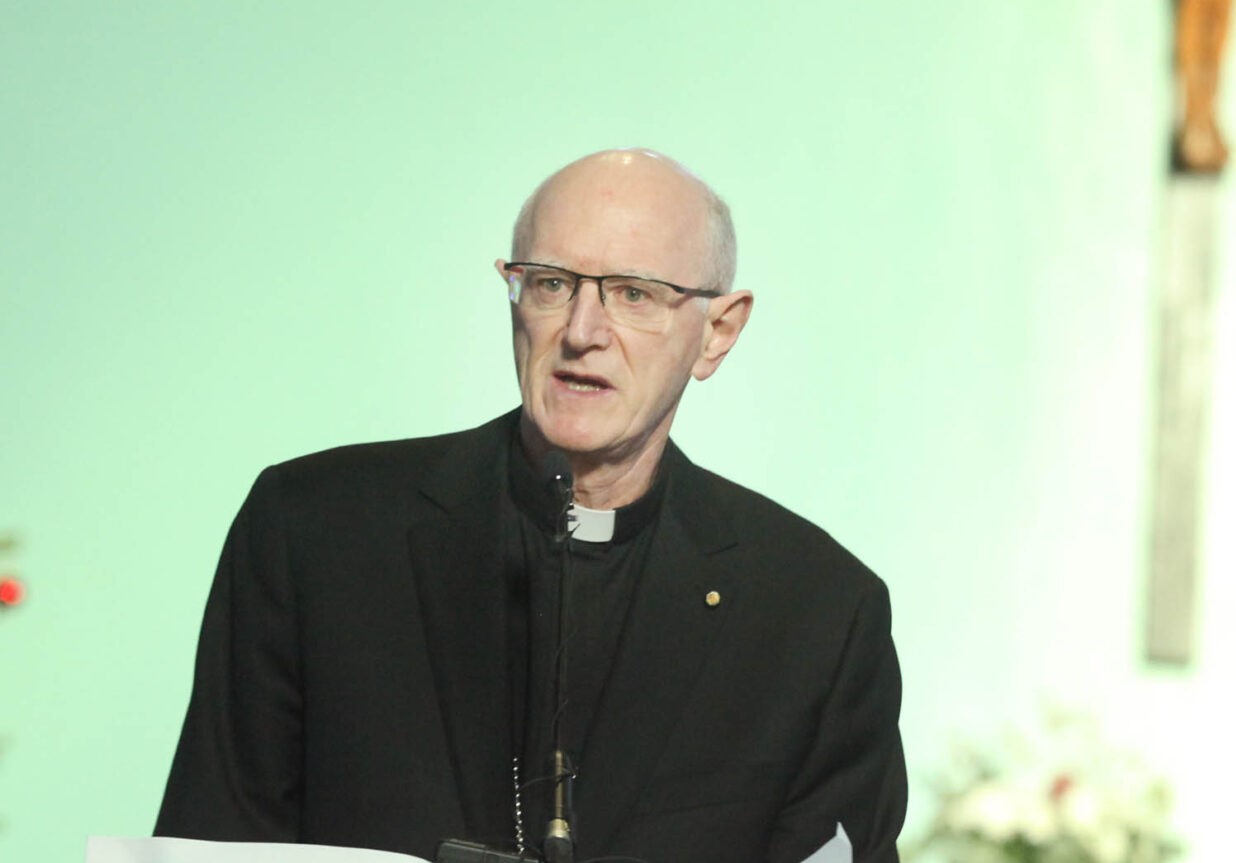
The Catholic Archbishop of Dublin has warned that the current push to legalise euthanasia sends a message that some lives are less valuable than others.
Archbishop Dermot Farrell also said that what he described as a “vulnerable class” of people are going to suffer if the bill were to come into law.
Speaking to The Irish Catholic, Dr Farrell was emphatic about the teaching of the Church, saying, “It has to be stated very bluntly, that if it [euthanasia] comes into law at some stage, it’s not only going to encourage the acceptance of assisted suicide, but it’s also going to weaken the protection against what you might call ‘non-consensual killing’ of your vulnerable class of people.”
Meanwhile, in its response to Oireachtas Committee on Justice’s consultation on the Dying with Dignity Bill 2020, the Presbyterian Church in Ireland (PCI) has said that it would “leave vulnerable members of our society open to abuse, duress or the weight of a perceived expectation that they will relieve others of the burden of caring for them…”
TDs were also warned that it was “poorly drafted” and contained “no robust or sufficient safeguards.” In short, PCI’s submission stated that the Bill should not proceed.
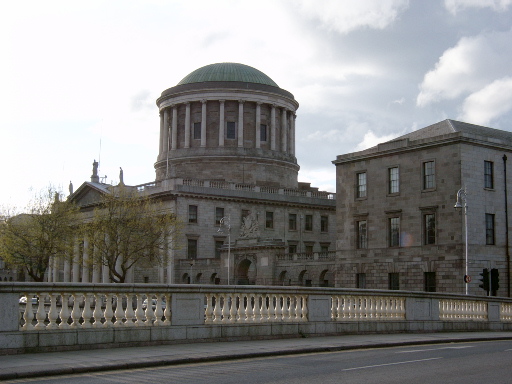
The Supreme Court of Ireland ruled Friday that a hospital may withhold medical treatment contrary to the wishes of the parents of a child with severe injuries.
“The withholding of treatment to a child does not necessarily require parental consent to be lawful if it based on a properly made decision as to the best medical interests of the child and it would be contrary to medical ethics to provide the treatment,” the court wrote in its Jan. 22 decision “In the matter of JJ”.
The boy, John, had an accident in June 2020, and has since been in hospital. He has significant physical injuries, many of which he is not expected to recover from, as well as brain injuries believed to be irreversible.
The Court said the case raised “difficult, troubling and complex” issues about when the State may intervene to permit medical decisions to be taken about children contrary to their parents wishes. However, it stressed the case did not involve any move to accelerate death or raise issues about euthanasia.
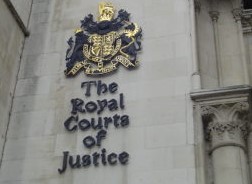
The leaders of a number of small independent churches in Scotland have started legal proceedings against the Scottish Government over the closure of churches as part of covid19 restrictions.
Some representatives from the Church of Scotland, the Free Church of Scotland, the Free Church of Scotland (Continuing) and a number of other churches launched a claim for judicial review.
Rev William Philip, leader of the Tron church in Glasgow city centre, said: “We are able to do some things remotely via broadcasting but many – especially the poorest, the oldest and those most vulnerable – have no access to this.
“They are excluded completely from the possibility of Christian worship and the comfort and encouragement in life and death only this can give.
As part of the latest lockdown rules, places of worship are only permitted to conduct weddings or funerals – with the number of attendees strictly limited – and to broadcast services online.
Communal worship can continue south of the border subject to restrictions on attendance.
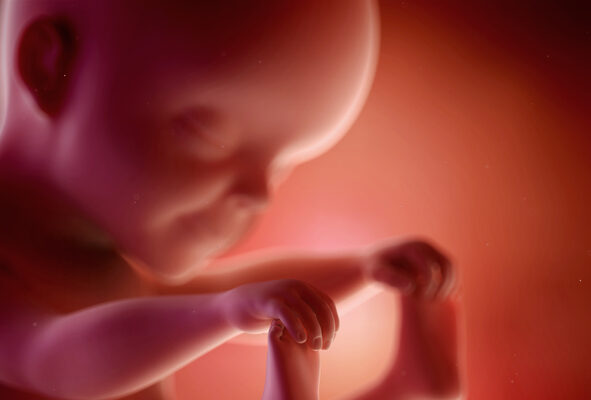
Poland’s constitutional court has published the rationale for its declaration that abortion for fetal abnormalities – a form of eugenics – is unconstitutional. This gives effect to a judgement it made three months ago which caused large pro-abortion protests in the country, including the invasion of churches.
The 154-page ruling said: “In the opinion of the Tribunal, an unborn child is, as a human being — a person who enjoys innate and inalienable dignity, a subject who has the right to life; and the legal system must, according to Article 38 of the Constitution, must guarantee due protection for this central good, without which this subjectivity would be deleted.”
The ruling, which cannot be appealed, could lead to a significant reduction in the number of abortions in the country.
Until now, Polish law permitted abortion only in cases of rape or incest, a risk to the mother’s life, or fetal abnormality.
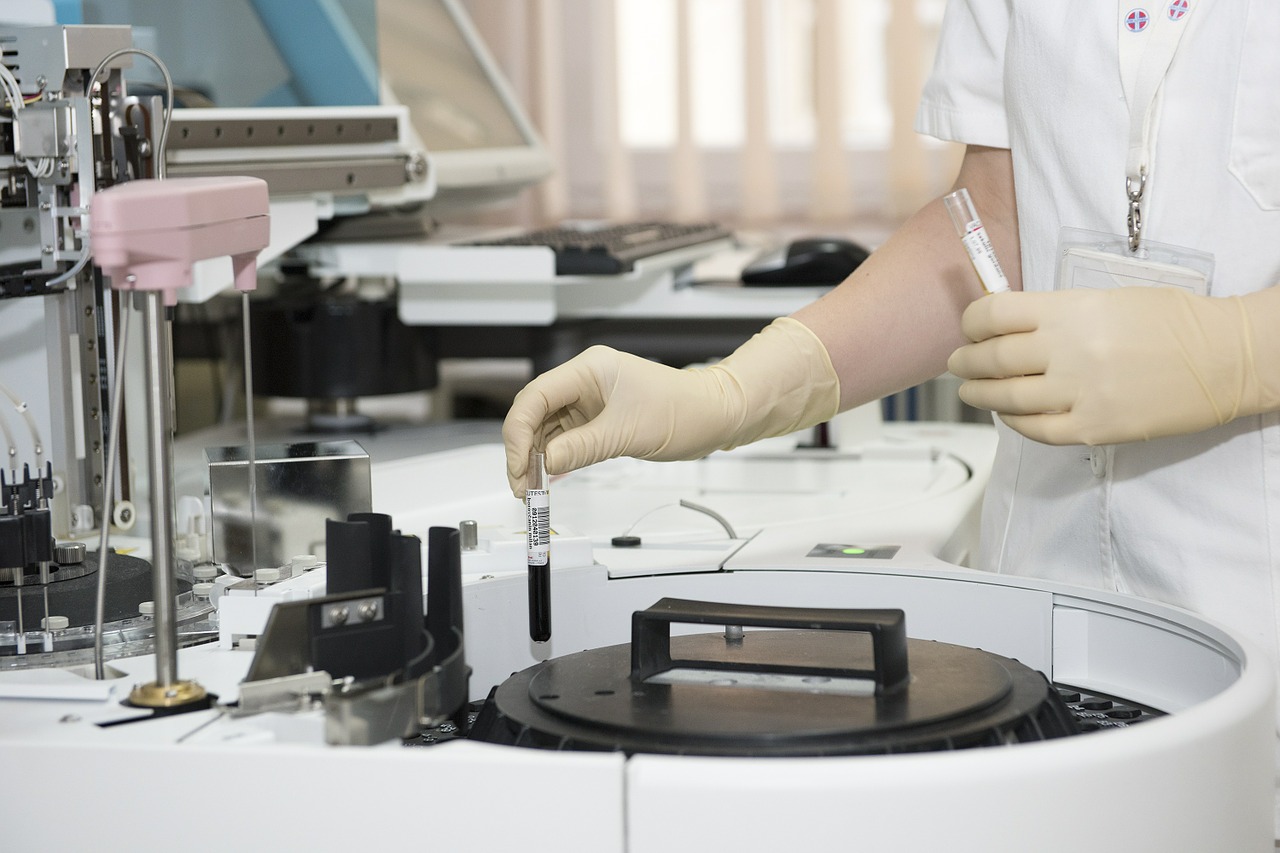
A woman discovered by chance that she was conceived using a donated egg and has written to a national newspaper seeking advice.
The college-age woman wrote to the Irish Times to say she was doing some administrative work for her mother who is sick with cancer when she came across papers from a fertility clinic detailing an assisted conception using a donor egg from twenty years ago.
Realising she is the child of this donor-IVF, but was never told by her parents, she said she is now “very angry”.
“Of course, I am glad that they had me, but they should have told me that I had a different genetic mother,” she wrote.
She shares the same physical appearance as her mother, but she found out that too was intentional: “I have the same skin tone and eye colour as my mum, but once I completed the translation of the form from the fertility clinic, I found that these were also the characteristics of the egg donor”.
She added: “While I would be curious to meet the woman who donated the egg, I would be really keen to find out if she has any of her own children. I have no siblings, so would be eager to have the opportunity to find out if I had any brothers or sisters”.

Portugal’s parliament approved Friday the final wording of legislation allowing euthanasia and physician-assisted suicide for terminally ill and gravely injured people.
Lawmakers voted 136-78, with four abstentions, in favour of the law that combined five so-called right-to-die bills passed last February.
After their passage, and in accordance with parliamentary procedure, the bills went through committees where administrative procedures and other details of the euthanasia process were set out and merged into a single piece of legislation.
Portuguese President Marcelo Rebelo de Sousa must decide in coming weeks whether to approve the law, veto it or send it to the Constitutional Court for review.
Portugal’s Constitution states that human life is “sacrosanct,” though abortion has been legal in the country since 2007.
Parliament can override the president’s veto by voting a second time for approval.

US President Joe Biden has been criticised by America’s Catholic bishops after he signed an Executive Order directing that taxpayer funds to be sent to organisations that both promote and provide abortions in developing countries.
Speaking on behalf of the US Bishops, Archbishop Joseph F. Naumann of Kansas City said it is “grievous that one of President Biden’s first official acts actively promotes the destruction of human lives in developing nations”.
“This Executive Order is antithetical to reason, violates human dignity, and is incompatible with Catholic teaching. We and our brother bishops strongly oppose this action. We urge the President to use his office for good, prioritising the most vulnerable, including unborn children. As the largest non-government health care provider in the world, the Catholic Church stands ready to work with him and his administration to promote global women’s health in a manner that furthers integral human development, safeguarding innate human rights and the dignity of every human life, beginning in the womb. To serve our brothers and sisters with respect, it is imperative that care begin with ensuring that the unborn are free from violence, recognizing every person as a child of God. We hope the new administration will work with us to meet these significant needs.”
Pope Francis has previously spoken in trenchant terms, describing as an ideological colonisation, and a blasphemy against God, when foreign aid from rich nations is tied to the promotion of abortion and contraception.